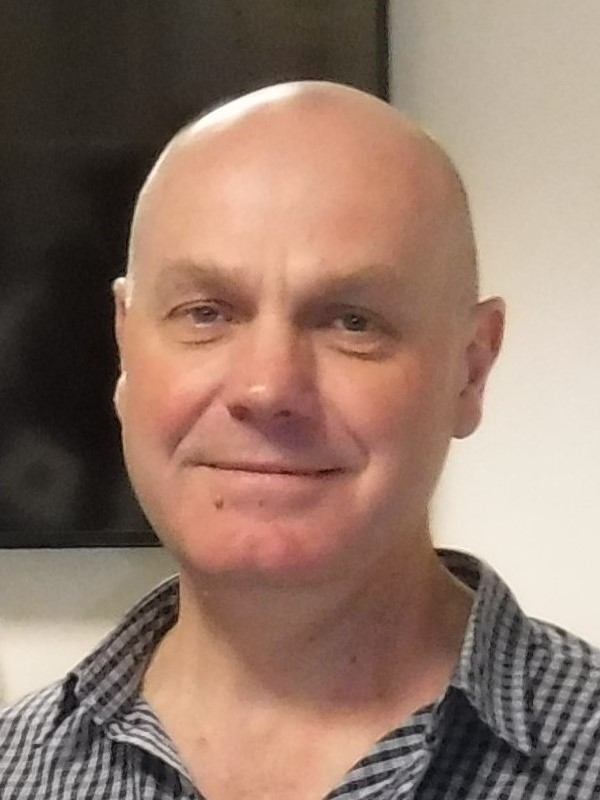Dr Tim Donovan - Radiographer
RESEARCH: MEDICAL IMAGE PERCEPTION
 How did you get into research?
How did you get into research?
I have always been interested in research as an intrinsic part of all my clinical jobs. Initially this involved undertaking straightforward clinical audits, and then helping more experienced researchers with data collection. I subsequently moved to a neuroscience imaging research department where the positive research culture allowed me to start researching. When I became a lecturer I undertook my PhD in medical image perception, joining a small but active research group working collaboratively with experimental psychologists.
What do you enjoy about research?
It is interesting. It is about making small incremental steps in understanding a topic or problem which really interests me and working collaboratively with other researchers with similar interests to hopefully make a difference.
What was the most difficult aspect of doing your PhD?
It was writing up! I really enjoyed experiment design, data collection and results analysis but writing it all up seemed to take for ever.
What difference has your research training and experience made to your career?
I moved from clinical practice to an academic post where I had to make the choice between focusing on teaching/management or research. I chose research, and quickly realised that gaining a PhD is only the start of a research career, experience helps but the training never stops as, for example, data analysis techniques change.
How has research changed your clinical practice?
I no longer practice clinically, but hopefully my research has helped inform clinical practice.
What has made a difference to progressing your research career?
Publications, grant funding and good collaborations.
Where do you see your clinical academic career going over the next five years?
I am at the stage in my career where I can support and encourage others to pursue their research career.
Dr Tim Donovan, Associate Professor Medical Image Perception and Cognition, University of Cumbria, tim.donovan@cumbria.ac.uk


